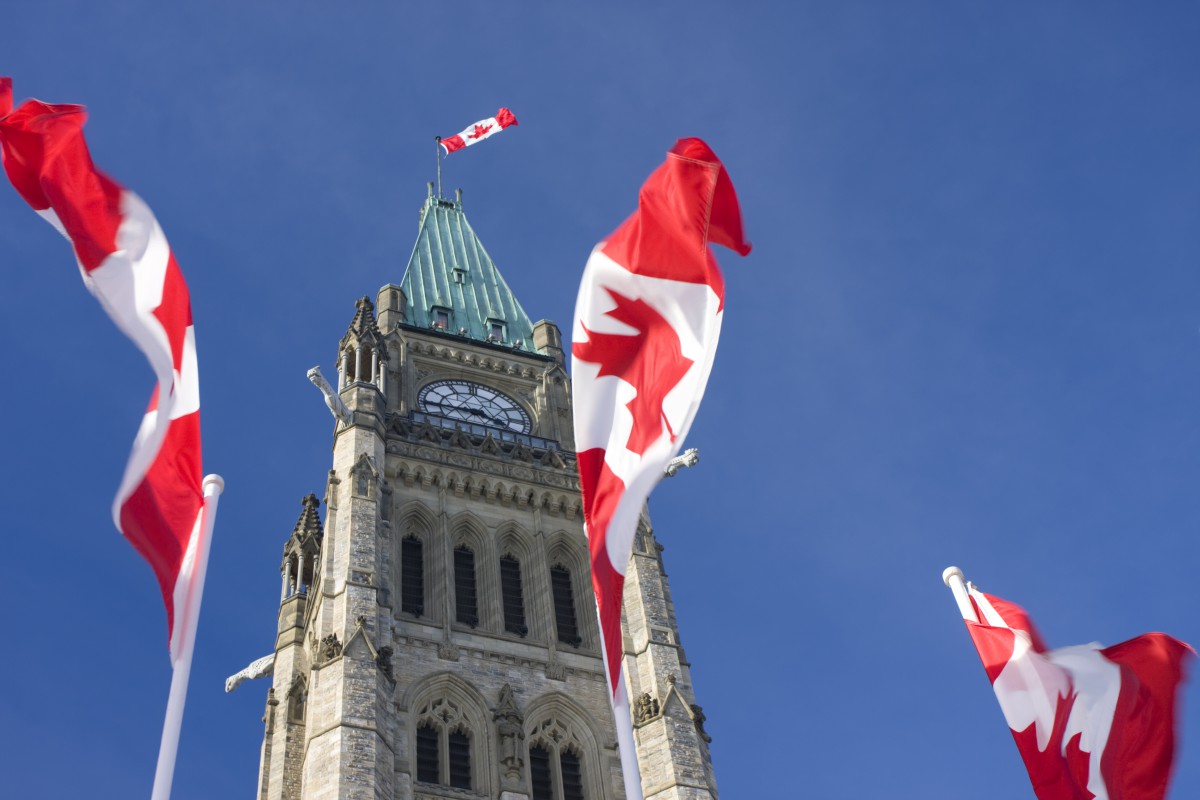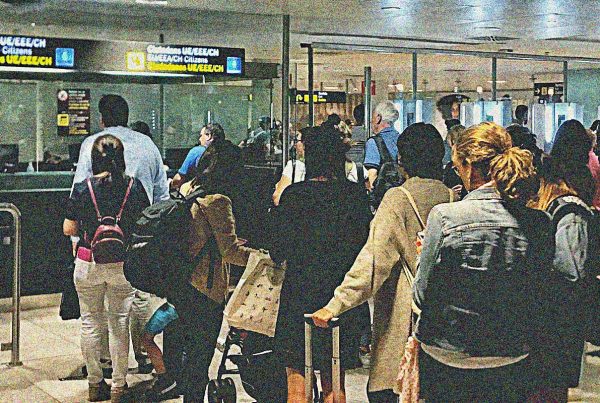As a defender of fundamental human rights and civil liberties, the Canadian Civil Liberties Association presented oral and written submissions to the Standing Committee on Public Safety and National Security on Bill C-59 to express our serious concerns about several aspects of the Bill. While Bill C-59 makes some notable improvements to the Canadian national security landscape, it also fails to address a number of serious issues either created or exacerbated by the Anti-terrorism Act, 2015. Further, it introduces new provisions which may jeopardize or undermine the constitutional protections guaranteed in the Canadian Charter of Rights and Freedoms.
In our view, many aspects of Bill C-59 require substantial amendments—in order to both withstand constitutional scrutiny and adequately protect the rights and security of all persons in Canada. The bill is the most comprehensive attempt to modernize Canadian national security law in the last thirty years. Failing to resolve long standing critical issues is an opportunity Canada cannot afford to miss.
The new proposed National Security and Intelligence Review Agency Act and the Intelligence Commissioner Act both aim to create new accountability measures to provide review and oversight of agencies involved in national security. Our recommendations aim to strengthen these new bodies and address significant gaps in the proposed framework.
The proposed Communications Security Establishment Act—a new enabling statute for CSE— is welcome. Our recommendations focus on concerns about the new active cyber operations aspect of CSE’s mandate, the expansive definition of “publicly available information,” and gaps in relation to oversight and reporting of CSE’s activities.
Bill C-59 maintains the threat reduction powers in the Canadian Security Intelligence Service Act, while also creating a new dataset regime for CSIS. Our recommendations aim to ensure
that datasets are collected in relation to CSIS’s mandate and that adequate record-keeping and accountability mechanisms exist. CCLA continues to question whether the necessity of
threat reduction powers has been demonstrated but recognizes improvements made to the scheme first established by Bill C-51.
Bill C-59 proposes some substantial amendments to the controversial Security of Canada Information Sharing Act (SCISA), but these fall short of repairing the issues identified when Bill C-51 was introduced and in subsequent study. Our recommendations propose changes to the trigger for disclosure and the thresholds for disclosure and retention. We also address
gaps in accountability measures and the need for clarity regarding SCISA’s interaction with the Privacy Act.
The significant procedural failings of the Secure Air Travel Act, which can have devastating impacts on the lives of innocent individuals, have not been adequately rectified. Our
recommendations would raise the threshold for listing and improve the appeal framework available to those who wish to challenge their listed status.
In relation to the Criminal Code amendments, we make recommendations on issues ranging from the terrorist entities list, to the terrorist speech and propaganda provisions to the peace bond and warrantless arrest provisions. In each instance, our concern is ensuring that the criminal law is deployed in a manner that prevents terrorist threats, while respecting
fundamental Charter rights.
Finally, since the Committee may propose amendments outside the current scope of the bill, we recommend that the amendments made to the Immigration and Refugee Protection Act
by Bill C-51 should be repealed. Those changes call the constitutionality of the security certificate scheme into question despite years of litigation preceding them. In our view, this
Committee should amend Bill C-59 to address this issue.
Click here to watch our oral submissions.
About the Canadian Civil Liberties Association
The CCLA is an independent, non-profit organization with supporters from across the country. Founded in 1964, the CCLA is a national human rights organization committed to defending the rights, dignity, safety, and freedoms of all people in Canada.
For the Media
For further comments, please contact us at media@ccla.org.





